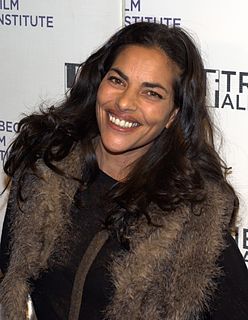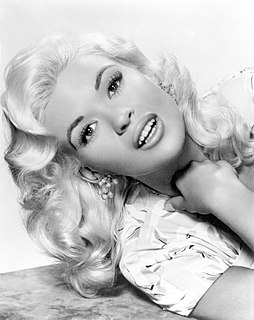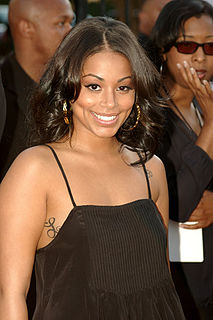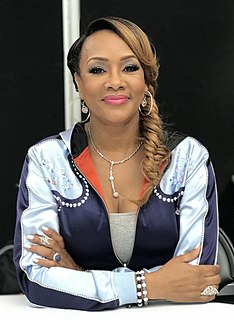A Quote by Sarita Choudhury
If a filmmaker is making a movie about a nice Midwestern family or a story that needs a very white character or a black or a Chinese, then I don't expect to go up for it. But I know, especially in places like New York, there's no excuse not to see various colors.
Related Quotes
Now 3D is no longer a fad but I don't get all crazy about it and say that everything has got to be in 3D. It is a nice tool, like color or sound or whatever. I was quite intrigued and I learned, 3D opened up a lot of questions about how to use it. I think it is great. It's like if a movie needs to be in black and white then that's how I will shoot it. I see color as just another character or black and white as a character.
There was [ in New York] - some of it was this perception of the Midwest that I realized in this multicultural city that - and I don't think it's as true as it was - but everyone was kind of like, what, are you Jewish? Are you Italian? What are you? You know, are you black? Are you da-da-da? Are you Puerto Rican? And so I ended up - my ethnic identity was Midwestern, was white bread. And so it informed a lot of my stand-up.
I'm in the film industry, and I very seldom go to the theater now. It could be work, not being in New York, that sort thing - because in New York, you do go to theaters; you can walk to a theater and then walk to a restaurant. But in places you have to drive out to the cineplex to see a movie, it's starting not to be worth it anymore. It's like the days when you went to get a book at the public library. You don't have to do that anymore. You just go on your iPad and all of a sudden you're reading The Duchess of Malfi.
I remember reading about police arresting this filmmaker making this freaky movie and his name was John Waters. And I was like, wow, someone in Baltimore is doing something creative? I didn't know there were people running off and making eight-millimeter movies. Then I got to New York and realized, oh, there's a whole world of people who do these things. I was utterly bored being in the suburbs, but I didn't know why I was bored.
People have different goals, when you start out making a movie. If the goal is darkness and destruction and despair, it's not like, "Hey, let's go to set, and then let's hit the bar afterwards. Let's jaunt into London and pick up some Chinese food." No, you go home from set and you go fight at the gym, and then you go to sleep. You stay in it. You never excuse yourself, you never take it easy on yourself, you never eat good food.
I went to Wellesley College, and it was really hard for me to get a job after I graduated. I would go into places where I would not see any black people at all in Boston - like, zero. And then in publishing in New York City, it was pretty much the same. I knew that it wasn't about the value of my work.
I lived right on the borderline of a black neighborhood. So I could go into the black area and then there'd be these ghetto theaters that you could actually see the new kung fu movie or the new blaxploitation movie or the new horror film or whatever. And then there was also, if you went just a little further away, there was actually a little art house cinema. So I could actually see, you know, French movies or Italian movies, when they came out.
I see racism as institutional: the rules are different for me because I'm black. It's not necessarily someone's specific attitude against me; it's just the fact that I, as a black man, have a much harder time making an art-house movie and getting it released than a white person does about their very white point of view. That's racism.




































